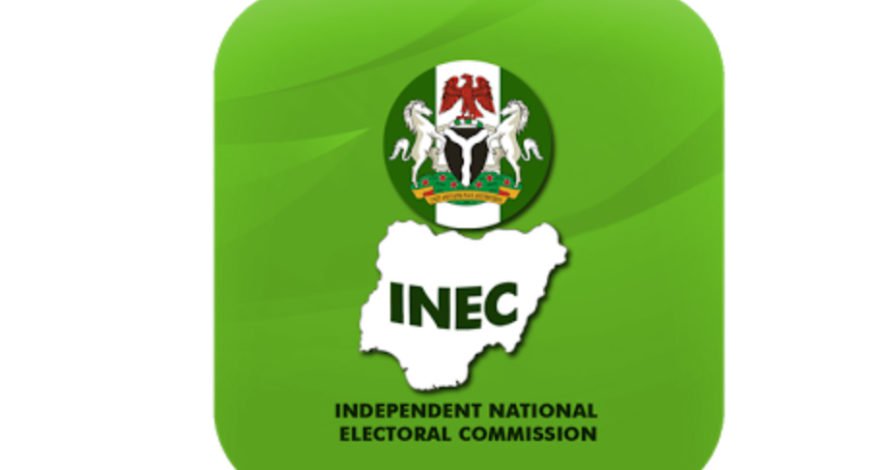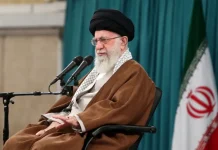Senators have re-jigged and passed the Electoral Amendment Bill rejected thrice by President Muhammadu Buhari.
The bill was passed yesterday after a brief debate on the report of the Senate Committee on the Independent National Electoral Commission (INEC), which was submitted by Committee Chairman Senator Suleiman Nazif.
The amendment pegs election expenses for a presidential candidate at N5 billion and N1 billion for a governorship candidate. A senatorial candidate cannot spend more than N250 million and a House of Representatives candidate’s limit is N100 million.
A State House of Assembly candidate should not spend more than N30 million. Candidate for chairmanship of Area Council is also limited to N30 million. A councillorship candidate must not spend beyond N5 million.
No individual or other entity shall donate to a candidate more than N10 million. Section 91(10) stipulates that a candidate, who knowingly acts in contravention of this section, commits an offence and is liable on conviction to a fine of 1% of the amount permitted as the limit of campaign expenditure under the Act or imprisonment for a term not exceeding 12 months or both.
Clause 14 was introduced into the bill to amend Section 49 (4) of the Principal Act that deals with failure of the smart card reader.
The clause states: “Where a Smart Card Reader deployed for accreditation of voters fails to function in any polling unit and a fresh Card Reader is not deployed three hours before the close of the election in that unit, the election shall not hold but be rescheduled and conducted within 24 hours thereafter, provided that where the total possible votes from all the affected card readers in the unit or units does not affect the overall result in the constituency or election concerned, the commission shall notwithstanding the fact that a fresh card reader is not deployed as stipulated, announce the final results and declare a winner.”
Clause 24 was also introduced to amend Section 87 (13) of the Principal Act, which deals with the issue of deadline for primary elections: ”The dates of the primaries shall not be earlier than 150 days and not later than 90 days before the date of the election to the elective offices.”
“The same section also stipulates a specific period within which political party primaries are required to be held since the unintended consequences of leaving lNEC with only nine days to collate and compile lists of candidates and political parties for the various elections. This is because the earlier Electoral Act Amendment Bill did not properly amend Sections 31, 33 and 85 of the principal Act that stipulates times for submission of lists of candidates, publication of lists of candidates, notice of conventions and congresses for nominating candidates for elections,” the report said.
Also, Clause 32 was introduced to amend Section 140 (4) of the Principal Act that deals with the omission of a candidate’s name or a political party’s logo.
The clause states: “If at the point of display or distribution of ballot papers by the commission a candidate or his agent discovers that his name, the name or logo of his party is omitted, a candidate or his agent shall notify the commission and the commission shall postpone the election to rectify the omission; and appoint another date to conduct the election, not later than 90 days.
“Where the election is postponed due to omission of a political party’s name or logo, the commission’s officer responsible for such printing of party names or logo commits an offence and is liable on conviction to imprisonment for two years or a fine of N2,000,000.00 or both.”
According to the lawmakers, the new amendment is meant to, among others, “provide for the use of Card Readers and any other similar technological devices in conducting elections; to provide a time line for the submission of list of candidates as rightly captured in Section 31 (6) and 85 (l) of the Bill; to identify criteria for substitution of candidates, limit campaign expenses; and to address noticed problems related to the omission of names of candidates or logo of political parties”.
The Senate agreed with the Nazif report that all the issues raised by President Buhari for declining assent to the bill had been addressed in the adopted report.
In passing the bill, the Senate had restricted the amendment to the particular areas objected to by the president.
Commenting on the latest amendment, Senator Emmanuel Bwacha (PDP, Taraba South) hoped that the President would not send the bill back to the legislature again.
He urged the President to assent to the bill, saying that acting contrary would send the wrong signal to the public.
Senate President Bukola Saraki hailed the committee for its good job, saying that the amended bill, if signed into law, would go a long way in strengthening the nation’s electoral laws.











